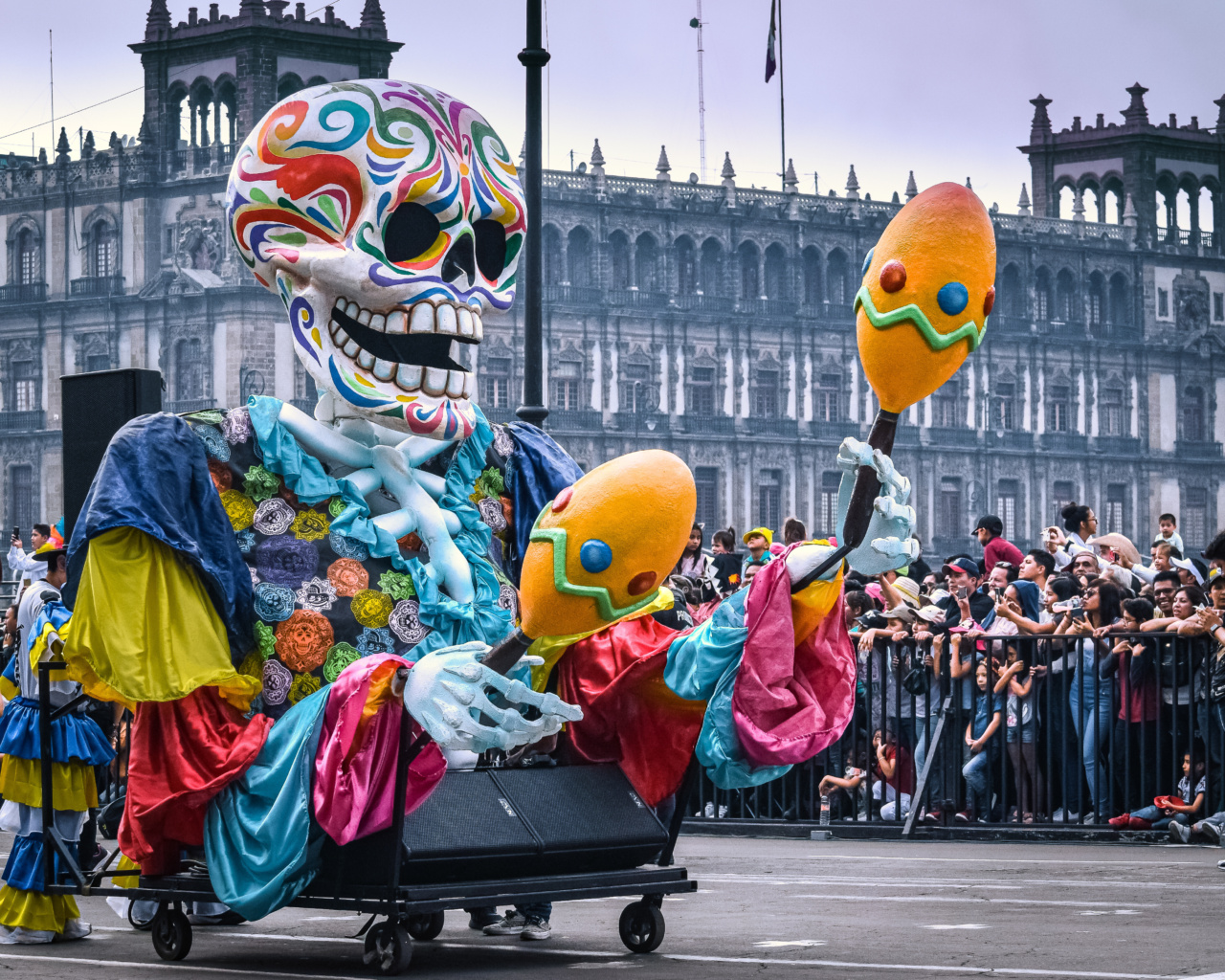Death is a reality we all have to face at some point in our lives. It is the one thing we cannot escape no matter how much we try. Death robs us of our loved ones, our dreams and aspirations. It is the ultimate end, the final destination that awaits us all.
However, some of us have to face the reality of death much earlier in life than others. This is what happens when death strikes early.
Definition: What is Early Death?
Early death, also known as premature death, is the death of a person at an age that is younger than the average life expectancy of their population. Life expectancy varies from country to country and from region to region.
In developed countries, the average life expectancy is higher, and early death is considered to be the death of a person before the age of 70. In developing countries, the average life expectancy is lower, and early death may be considered to be a death before the age of 50.
The Causes of Early Death
There are numerous causes of early death. Some of them include:.
- Chronic Diseases: Chronic diseases such as heart disease, cancer, and diabetes are responsible for a significant percentage of deaths worldwide. These diseases are often caused by poor lifestyle choices, including a lack of physical activity, poor nutrition, and smoking.
- Infectious Diseases: Infectious diseases such as HIV/AIDS, tuberculosis, and malaria are also responsible for many deaths worldwide, particularly in developing countries.
- Injuries: Injuries, whether intentional or unintentional, are another major cause of early death. These include road traffic accidents, falls, and self-harm.
- Mental Illness: Mental illness can also cause early death, particularly if it is left untreated or if the person who is suffering from it is unable to access the appropriate care and support.
The Impacts of Early Death
The impacts of early death are far-reaching and devastating. When death strikes early, it not only affects the person who has died but also their loved ones and the wider community. Some of the impacts of early death include:.
- Grief: The loss of a loved one is a traumatic experience that can cause intense grief and pain. Family members and friends often struggle to come to terms with the death of a loved one, particularly if it was unexpected or sudden.
- Financial Hardship: The death of a family member who was the primary breadwinner can cause significant financial hardship for their dependents. This can include loss of income, increased expenses, and difficulty in accessing financial support.
- Mental Health Issues: People who have lost a loved one may experience depression, anxiety, and other mental health issues. If these issues are not addressed, they can lead to further complications, including suicide.
- Social Consequences: The death of a young person can have significant social consequences, particularly if they were involved in community activities or were considered a role model. Their loss can leave a void that is difficult to fill.
- Health Consequences: Early death can have health consequences for the wider community, particularly if the person who has died was a healthcare worker or was involved in public health initiatives.
Preventing Early Death
While death is inevitable, many deaths can be prevented. Governments and individuals can take steps to reduce mortality rates and increase life expectancy. Some of the ways to prevent early death include:.
- Preventive Healthcare: Regular check-ups, vaccinations, and health education can help prevent many chronic and infectious diseases.
- Healthy Lifestyle Choices: Eating a balanced diet, engaging in regular physical activity, and avoiding harmful substances such as tobacco and alcohol can help reduce the risk of developing chronic diseases.
- Injury Prevention: Wearing seatbelts, helmets, and protective gear, and implementing laws to deter reckless behavior can help reduce the incidence of injuries.
- Mental Health Support: Access to mental health services and support can help prevent suicide and other negative outcomes associated with mental illness.
Conclusion: The Aftermath of Early Death
The reality of early death is that it robs us of our loved ones, our dreams, and our potential. It can cause immense pain and suffering for those left behind. However, there are steps we can take to prevent early death and reduce its impact on society.
By investing in preventive healthcare, healthy lifestyle choices, and mental health support, we can ensure that more people live longer, healthier, and happier lives. Let us work together to make this a reality.































